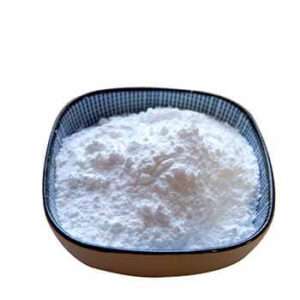Description
Dibutylamine Chemical Properties
| Melting point | −62 °C(lit.) |
| Boiling point | 159 °C(lit.) |
| density | 0.767 g/mL at 25 °C(lit.) |
| vapor density | 4.46 (vs air) |
| vapor pressure | 1.9 mm Hg ( 20 °C) |
| refractive index | n20/D 1.417(lit.) |
| Fp | 106 °F |
| storage temp. | Store below +30°C. |
| solubility | water: soluble3.8g/L at 20°C |
| pka | 11.25(at 21℃) |
| form | Liquid |
| color | White |
| PH | 11.1 (1g/l, H2O, 20℃) |
| Odor | Weak ammonia. |
| explosive limit | 0.6-6.8%(V) |
| Water Solubility | 4.05 g/L (25 ºC) |
| Merck | 14,3032 |
| BRN | 506001 |
| Dielectric constant | 3.0(20℃) |
| Stability: | Stable. Combustible. Incompatible with strong oxidizing agents, most common metals, strong acids. Vapours may flow over surfaces to a distant source of ignition. Can form explosive mixtures with air. |
| InChIKey | JQVDAXLFBXTEQA-UHFFFAOYSA-N |
| LogP | 2.1 at 23℃ |
| CAS DataBase Reference | 111-92-2(CAS DataBase Reference) |
| NIST Chemistry Reference | 1-Butanamine, N-butyl-(111-92-2) |
| EPA Substance Registry System | Dibutylamine (111-92-2) |
Safety Information
| Hazard Codes | Xn,T |
| Risk Statements | 10-20/21/22-35-23-21/22 |
| Safety Statements | 45-36/37/39-28A-26-23 |
| RIDADR | UN 2248 8/PG 2 |
| WGK Germany | 1 |
| RTECS | HR7780000 |
| F | 10 |
| Autoignition Temperature | 594 °F |
| TSCA | Yes |
| HS Code | 2921 19 99 |
| HazardClass | 8 |
| PackingGroup | II |
| Hazardous Substances Data | 111-92-2(Hazardous Substances Data) |
| Toxicity | LD50 orally in rats: 550 mg/kg (Smyth) |






Reviews
There are no reviews yet.